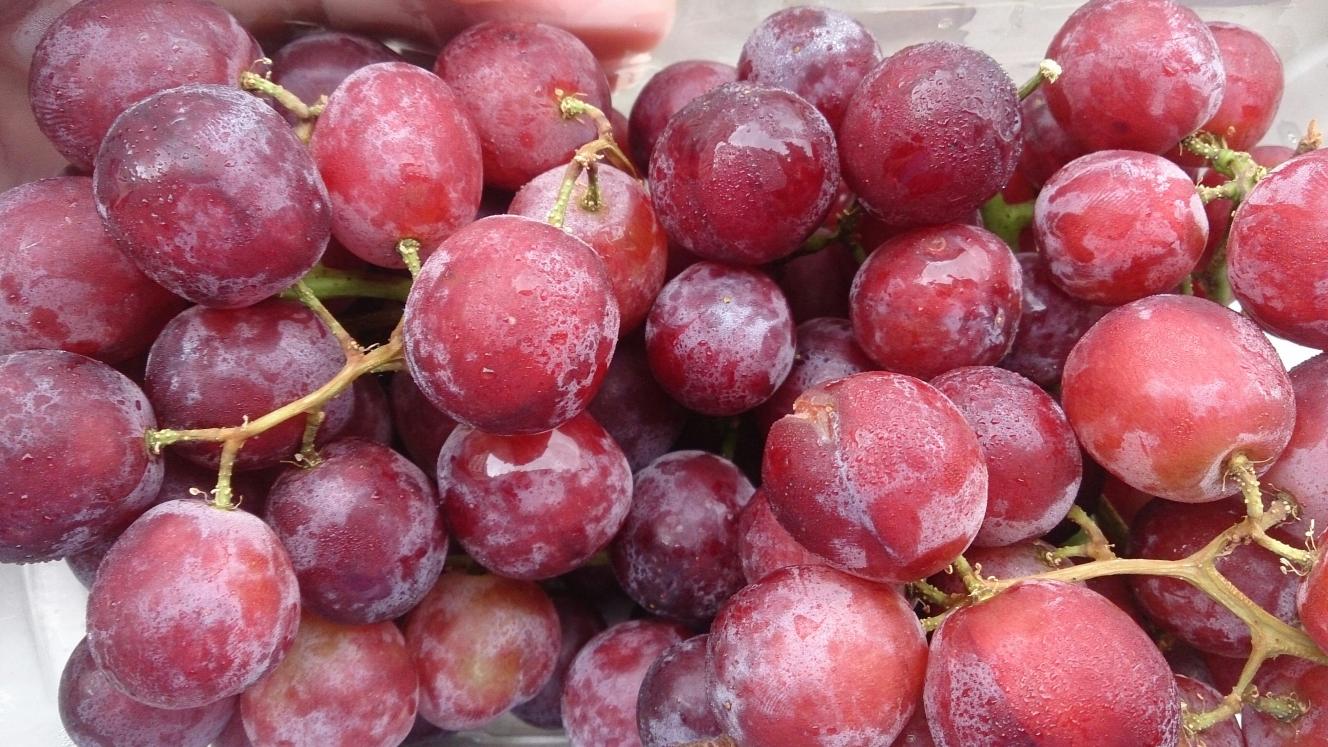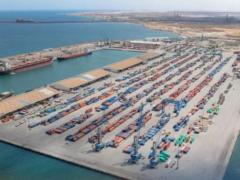South Africa’s Orange River Valley grape farmers have survived a “crisis” year due to inclement weather conditions.
CEO of Orex Export, Marthia Spangenberg, based near Kakamas in the Northern Cape, told Fresh Plaza that farmers would be loading their last fruit for export this week. The fruit will arrive in Europe and the UK in the next five to six weeks.
Spangenberg said the vineyards were now getting their postharvest summer pruning after a season that had begun “inauspiciously” when excessive heat during flowering aborted the young fruit of late varieties. In mid-season, cell division was impeded, leading to smaller berries and lighter tonnage, with only the early varieties unscathed.
Rain and hail in December further reduced volumes, so that one of the firm’s two organic table grape farms lost half the crop.
The build-up to the Chinese New Year is an important time of the year for grape producers, with Orex supplying mostly conventional grapes and limited volumes of organic grapes to Malaysia and Singapore.
“Where we can easily put 50% of our product into the special markets that are sensitive to berry size, this year we only got to around 10%,” Spangenberg said.
She added that Europe’s grape market was empty and prices had remained more stable, helping to keep exports moving during the crisis year. Grapes not fit for export were sent for raisin drying.
Orex has grown organic grapes, which constitute 30% of their grapes, since 1997 and is considering the difficult prospect of switching from organic to conventional, a market that six years ago had shown promise. However, since Russia invaded Ukraine, leading to rising gas prices and inflation in Europe, the organic market has declined. Some supermarkets in the EU have forecast a 15% to 30% drop in demand for organic grapes.
“You can clearly see that since last year, when the Russian war started driving up gas prices, the organic market has certainly shrunk. At the moment we’re struggling to keep our head above water with organic fruit as a result of losses to our crop and the shrunken organic market and prices under pressure. We’ll give it time to see whether the situation changes, but if it doesn’t, we’ll switch over depending on what happens over the next two years,” she told the publication.













